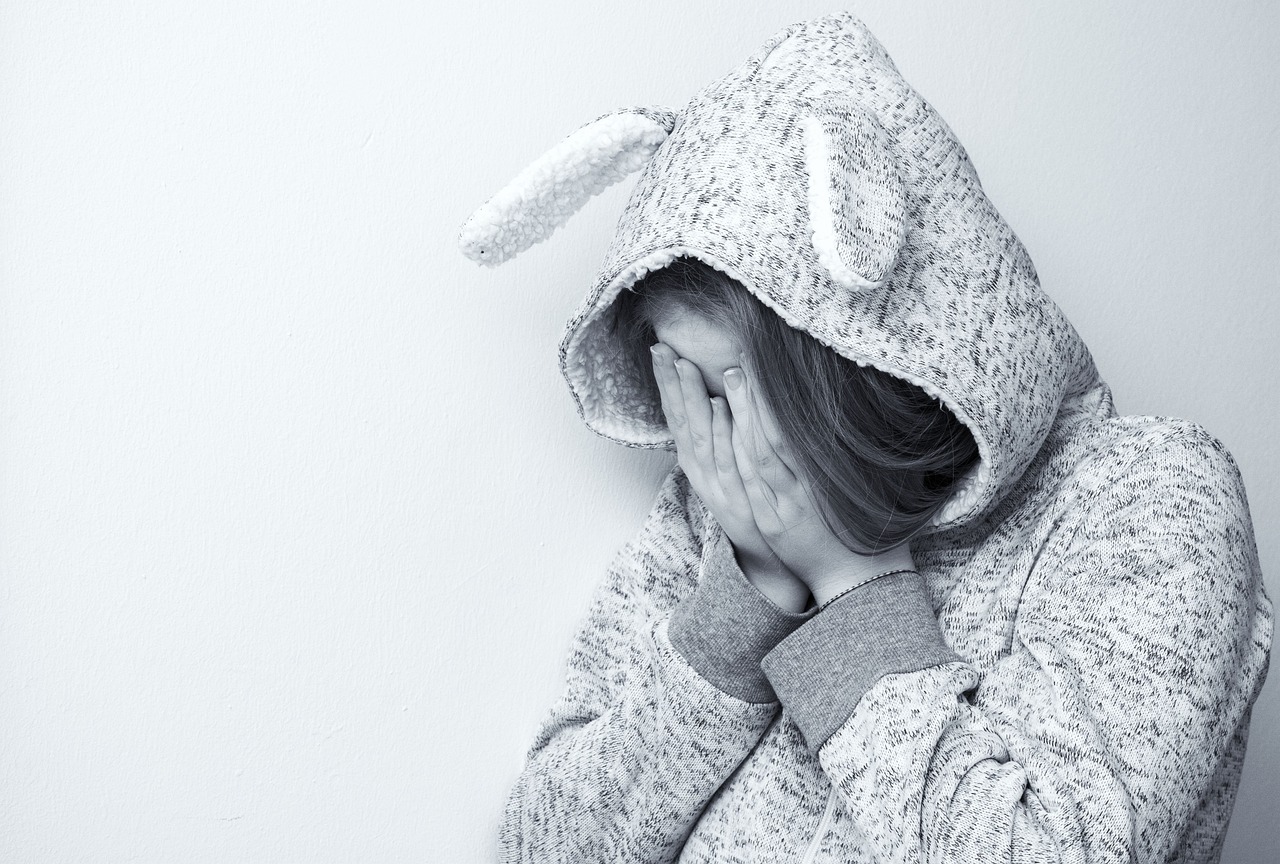Introduction:
Depression is a common mental health disorder that affects millions of people worldwide. It can cause persistent feelings of sadness, hopelessness, and loss of interest in daily activities. If left untreated, depression can lead to severe consequences, including suicide. This article will discuss the causes, symptoms, and treatment options available for depression, with evidence from research studies.
Causes FOR DEPRESSION:
Depression is a complex disorder that can result from various factors, including biological, environmental, and genetic factors. Research has shown that people with a family history of depression are more likely to develop the condition. Additionally, chemical imbalances in the brain, such as a deficiency in serotonin or norepinephrine, can contribute to the development of depression. Traumatic life events, chronic stress, and a lack of social support can also increase the risk of developing depression.
Symptoms FOR DEPRESSION:
The symptoms of depression can vary from person to person but generally include persistent feelings of sadness or hopelessness, loss of interest or pleasure in daily activities, fatigue or lack of energy, difficulty sleeping or sleeping too much, changes in appetite, and difficulty concentrating. In severe cases, depression can lead to thoughts of suicide or self-harm.
Treatment FOR DEPRESSION:
Treatment options for depression include medication, psychotherapy, and lifestyle changes. Antidepressant medications, such as selective serotonin reuptake inhibitors (SSRIs) and serotonin-norepinephrine reuptake inhibitors (SNRIs), can help balance chemicals in the brain and alleviate symptoms of depression. However, these medications can have side effects, such as nausea, insomnia, and sexual dysfunction.
Psychotherapy, such as cognitive-behavioural therapy (CBT) and interpersonal therapy (IPT), can also be effective in treating depression. These therapies aim to help individuals identify negative thought patterns and behaviours and develop coping strategies to manage their symptoms. However, psychotherapy can be time-consuming and expensive.
Lifestyle changes, such as regular exercise, a healthy diet, and adequate sleep, can also help alleviate symptoms of depression. Exercise has been shown to increase endorphins, which can improve mood and reduce symptoms of depression. However, it can be challenging to maintain an exercise routine when experiencing depression.
Conclusion:
Depression is a prevalent mental health disorder that can have severe consequences if left untreated. It can result from various factors, including biological, environmental, and genetic factors. The symptoms of depression can vary from person to person but generally include persistent feelings of sadness, loss of interest in daily activities, and changes in sleep and appetite. Treatment options for depression include medication, psychotherapy, and lifestyle changes. While these treatments can be effective, they also come with potential drawbacks, such as side effects and costs. If you or someone you know is experiencing symptoms of depression, it is essential to seek help from a mental health professional.

